Plastic Surgery: A Path to Healing After Trauma5 min read
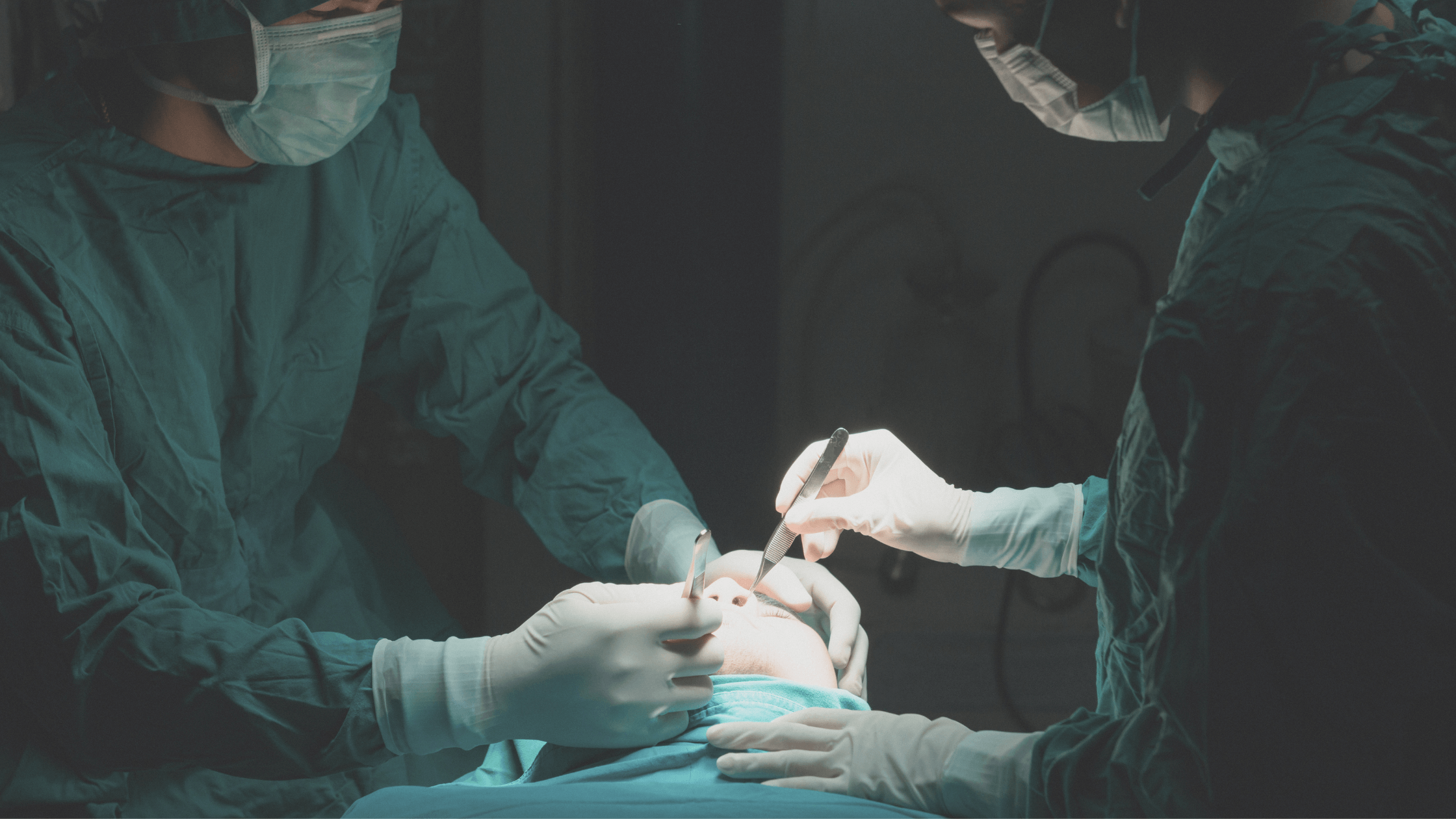
Aesthetica Editorial Team

Plastic surgery often transcends its role as a mere tool for aesthetic enhancement. For many, it serves as a powerful pathway to healing and reclaiming one’s sense of self, especially after enduring physical trauma.
Whether it’s recovering from an accident, undergoing reconstructive procedures after medical treatments, or simply addressing scars that serve as reminders of a painful past, plastic surgery plays a crucial role in not just transforming appearances but also in nurturing emotional recovery and resilience.
What is Trauma Reconstructive Surgery?
Trauma reconstructive surgery refers to a range of surgical procedures aimed at repairing and restoring the function and appearance of body parts affected by severe injuries. It’s typically necessitated by accidents, burns, or any physical injuries that result in significant body tissue damage.
Unlike cosmetic procedures, trauma reconstructive surgery delves deeper—it’s about rebuilding the damaged areas to improve the patient’s quality of life, enabling them to regain functionality and alleviate emotional distress associated with traumatic injuries.
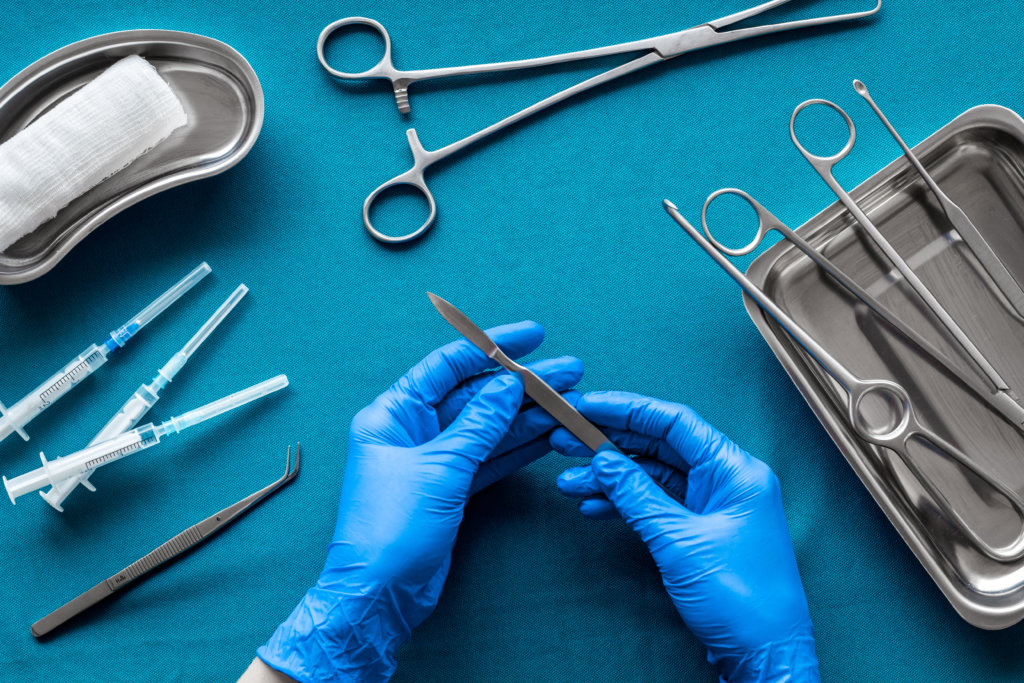
Is Reconstructive Surgery the Same as Plastic Surgery?
Plastic surgery encompasses both cosmetic and reconstructive surgery, each serving different objectives.
Cosmetic surgery is primarily aimed at enhancing and improving the patient’s appearance.
In contrast, reconstructive surgery typically focuses on restoring the form and function of a body part that has suffered damage due to accidents, congenital disabilities, or medical conditions.
Who Qualifies for Reconstructive Surgery?
Reconstructive surgery is often sought by:
- Victims of accidents or violence who have sustained physical injuries
- Patients who have undergone certain types of surgery, such as mastectomies for breast cancer
- Patients born with congenital disabilities, like cleft palates
- Patients who have suffered severe burns or skin diseases
How Do I Prepare for Reconstructive Surgery?
First, schedule a detailed consultation with Dr. Chang to discuss the scope, potential risks, and expected results of the surgery. This will also include discussing your medical history, medications, and allergies.
Patients are generally advised to stop smoking, avoid certain medications, and maintain a healthy diet ahead of the surgery to boost healing.
Additionally, planning for post-surgery recovery—arranging for help at home, taking time off work, and preparing a comfortable recovery space—is essential for smooth, stress-free healing.
Does Plastic Surgery Improve Emotional Well-Being?
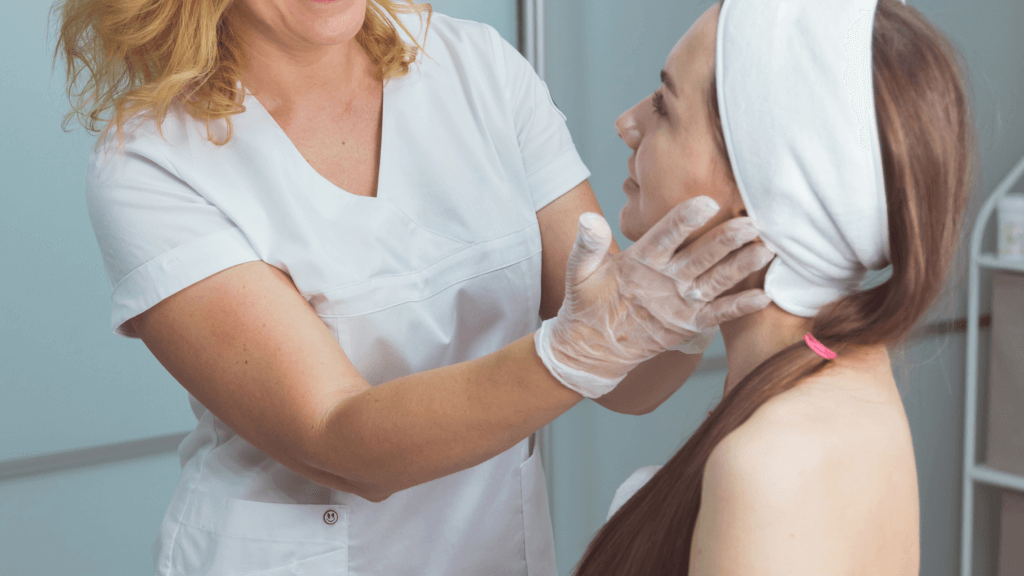
Plastic surgery has a profound impact on patients’ emotional well-being, especially when addressing longtime sources of insecurity.
Procedures like rhinoplasty or breast augmentation dramatically alter both function and appearance, often leading to enhanced self-confidence.
It’s consequential to understand that while it can contribute to emotional well-being, plastic surgery is not a guaranteed solution for deeper psychological issues.
Does Plastic Surgery Help Depression?
While plastic surgery may lead to positive changes in self-perception and reduce feelings of embarrassment or social anxiety, it’s not a cure for clinical depression.
In some cases, physicians recommend therapy/medication before or alongside plastic surgery. For instance, a patient suffering from depression due to severe acne scars may find emotional relief in skin resurfacing treatments. Still, these procedures should be part of a broader, holistic approach to treating depression.
Does Plastic Surgery Fix Self-Esteem?
Plastic surgery may help address low self-esteem, mainly due to dissatisfaction with specific physical attributes.
Procedures such as liposuction or a tummy tuck help self-conscious patients about their body shape regain self-esteem.
Similarly, facial procedures like eyelid surgery or facelifts restore a youthful appearance, potentially boosting self-esteem.
While plastic surgery plays a role in improving it, long-lasting self-esteem requires internal work and, in some cases, professional counseling.
Is Plastic Surgery a Form of Self-Love?
For many, choosing to undergo plastic surgery is an act of self-care, indicating a desire to feel as good on the outside as they do on the inside.
For others, it’s a way to take control of their body and make decisions that align with their personal goals and desires, like getting a mommy makeover after childbirth or undergoing male breast reduction for gynecomastia.
However, this decision must stem from self-respect rather than self-critique or succumbing to societal beauty standards.

Ready to Embrace a More Confident You?
Meet us at 19500 Sandridge Way, Suite 350, Leesburg, VA 20176, or call us at (703) 574-4342 for a complimentary consultation with Board-Certified Plastic Surgeon Dr. Phillip Chang before moving forward with your procedure. If everything matches up, our team will help you navigate the entire process from beginning to end. Also, remember to check out our blog and social media for more information on cosmetic surgery trends!
Let Us Help You!
Our office can provide you with helpful information, schedule a free consultation, and walk you through the many services and procedures we provide.
Contact Dr. Chang's Office:
More Articles For You

The Latest Techniques in Double Chin Removal in Leesburg, VA
In the charming town of Leesburg, VA, where looking good and feeling great are top
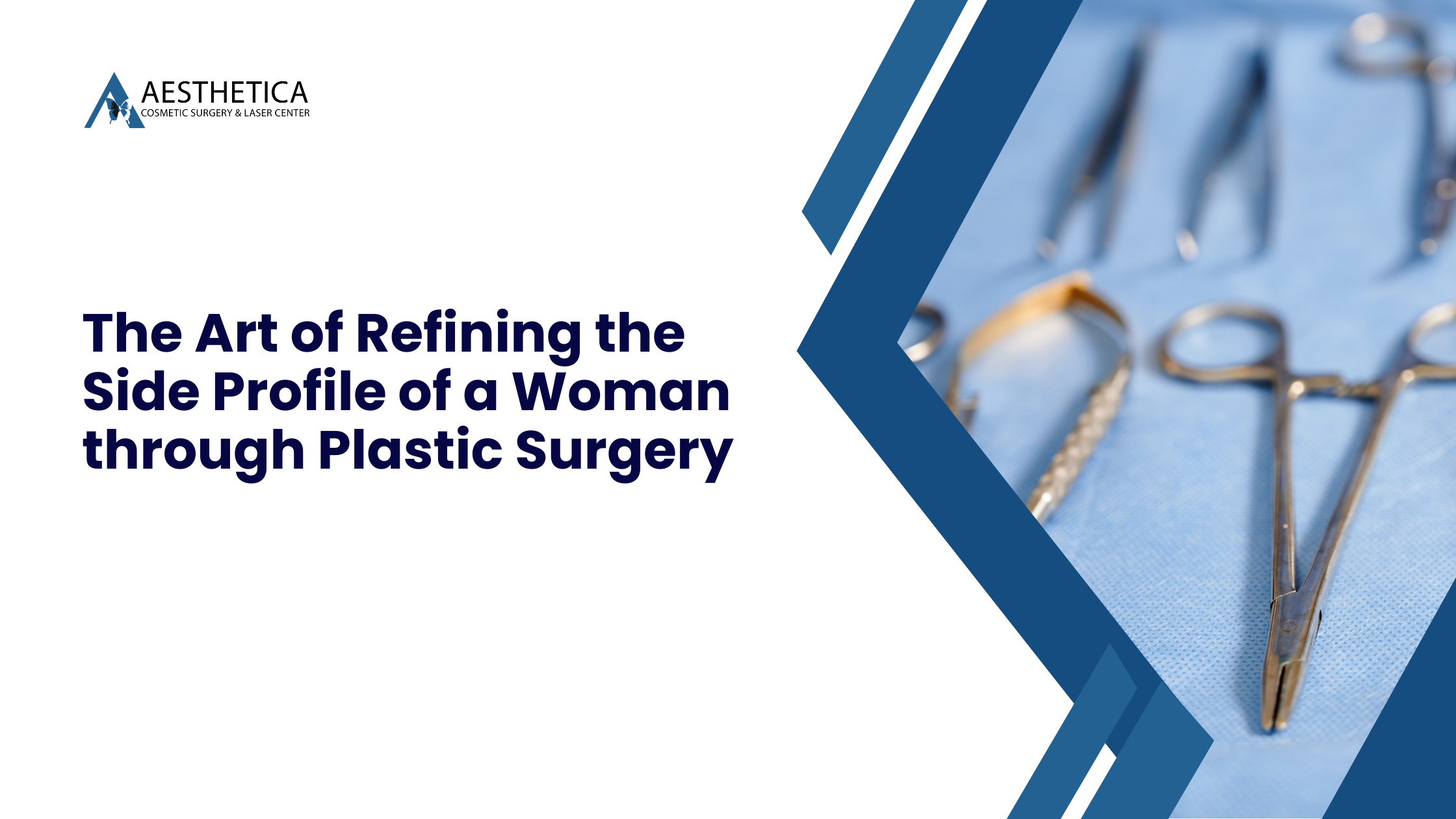
The Art of Refining the Side Profile of a Woman through Plastic Surgery
In the realm of cosmetic enhancements, the side profile of a woman holds a pivotal

Enhance Now, Pay Later: Plastic Surgery Payment Plans in Leesburg, VA
In the picturesque town of Leesburg, VA, pursuing beauty and self-improvement is a journey many
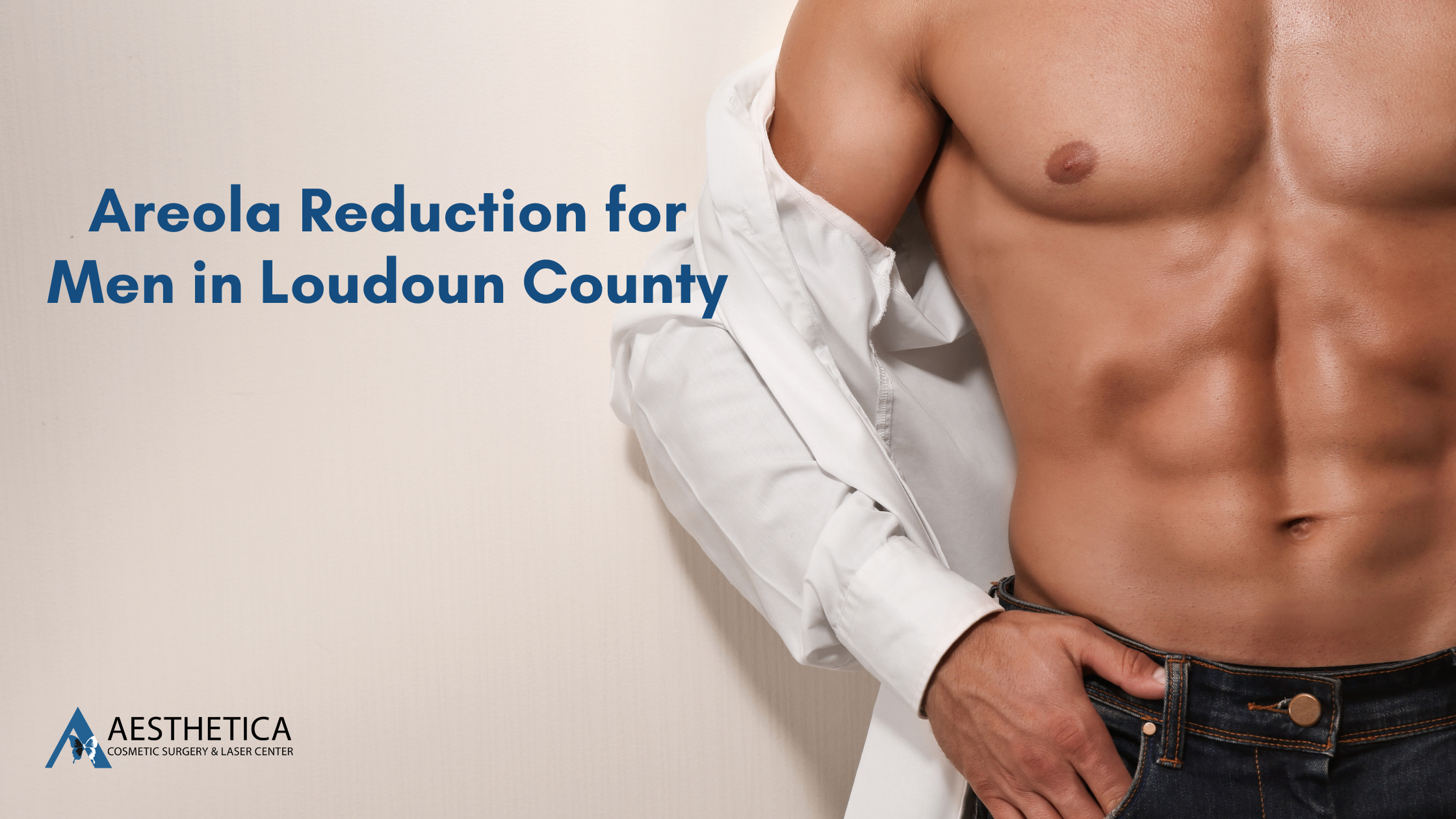
Areola Reduction for Men in Loudoun County
In the heart of Loudoun County, where the beauty of nature meets bustling urban life,
